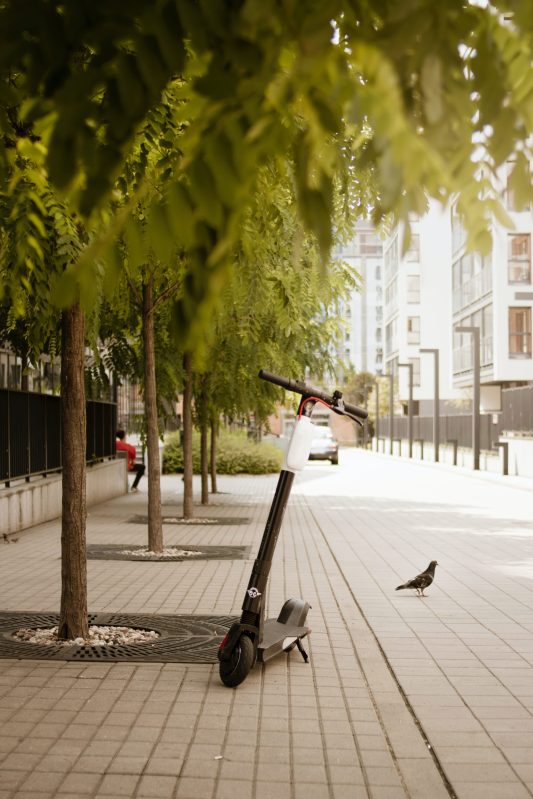Reviving Denver Micromobility

It’s been 103 days since B-cycle, Denver’s longest-operating bike sharing program, stopped service, removing an important mobility option for our city. And then COVID-19 hit and upended our transit system.
Since the COVID-19 pandemic hit Denver, RTD ridership has declined by over 70%. Drivers have been thrust to the front lines of this crisis without adequate Personal Protective Equipment (PPE), including masks and sanitizers, and bus cleaning. Riders are concerned about maintaining social distancing and being able to get where they need to go, when they need to get there, with RTD’s drastically reduced schedules. RTD, and transit systems across the country, are in dire need of federal help and should be funded in future stimulus packages.
It could be a long time before RTD is able to bring back the level of service that we saw before COVID-19. It could be even longer before we are able to expand transit in Denver to the level it needs to be to provide everyone a safe, convenient, and affordable way to get to jobs, medical appointments, grocery stores and other essential services.
Micromobiliity devices like pedal bikes, electric bikes, and scooters could fill the void in the short-term by getting Denverites where they need to go. We’ve seen how quickly scooters and bright red bikes can appear in a neighborhood. They are relatively low cost and Denverites have experience with them.
In fact, in the next few weeks, we expect the city to announce a partnership with an official micromobility provider in Denver – a 2.0 for Denver Bike Share. Prior to the COVID-19 pandemic upending life in Denver, the city issued a Request for Qualifications (RFQ) for companies to provide micromobility services to Denverites.
We got to look at the RFQ, and while it’s not perfect, it’s a start. For example, the city talks a lot about equity and requires 30% of micromobility devices to be in underserved neighborhoods, and it encourages free passes for residents and a payment structure that means people without smartphones and credit cards will be able to use it.
To rise to meet the mobility crunch we’re seeing during the COVID-19 pandemic, we need to be bold and ensure the Denver micromobility program requires scooters and bikes be in every Denver neighborhood and that free and reduced fares are the norm for Denver residents to maximize affordability and access to the system.
Denver also needs to seriously consider using public dollars to fund micromibility. The current RFQ assumes private micromobility companies will compete to be the city’s provider, but these companies are facing their own dramatic changes. Uber and Lime have each laid off 14% and 13% of their staff, respectively, and Lime bought Uber’s Jump bike system. We are ultimately looking at fewer potential micromobility providers as the companies navigate a volatile landscape and may continue to merge, lose money, and lay off staff.
It is clear that for-profit micromobility companies will pull their service from an area because it isn’t profitable enough–we’ve seen this across the country including in Denver–and in the current economic landscape, few things right now are profitable. These companies have a well-documented, shaky history and an unknown future. They cannot be depended on to provide long-term micromobility service to Denver without public support.
Any call for public dollars is difficult when our economy is limping along and the city already faces a $226 million shortfall. But we have to rebuild our mobility options so Denverites can get where they need to go, when they need to get there, safely, affordably, and without the pollution and health impacts from a car-based transportation system. With RTD and our transit service facing a long road back, micromobility can provide a more nimble way forward. Private micromobility companies can come in and be a partner, but Denver should ensure micromoblity can be a mobility option for every neighborhood in Denver by funding micromobility version 2.0. Let’s revive Denver B-cycle and do it right.


